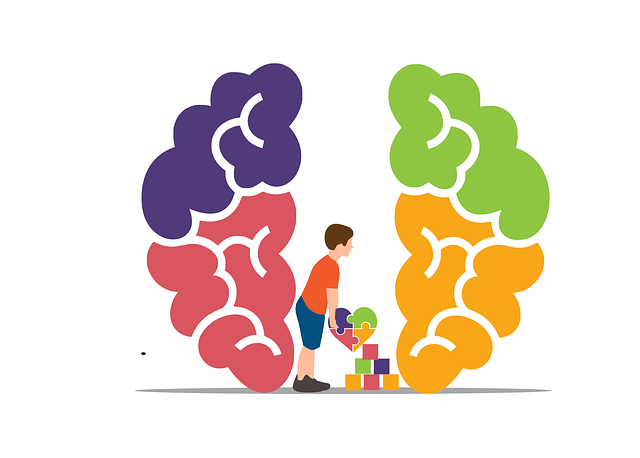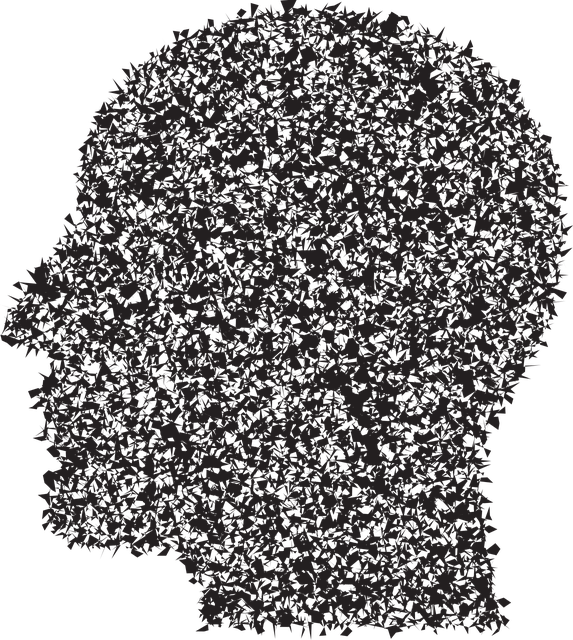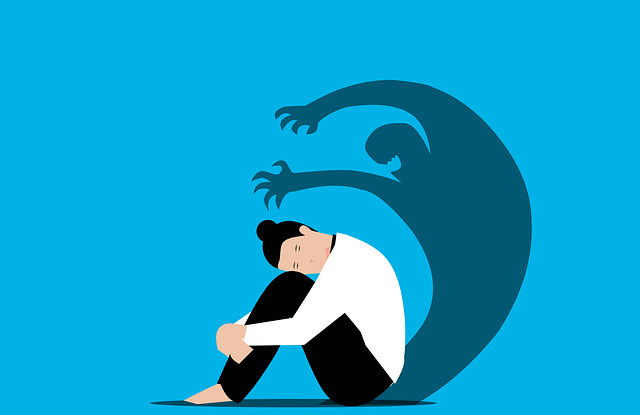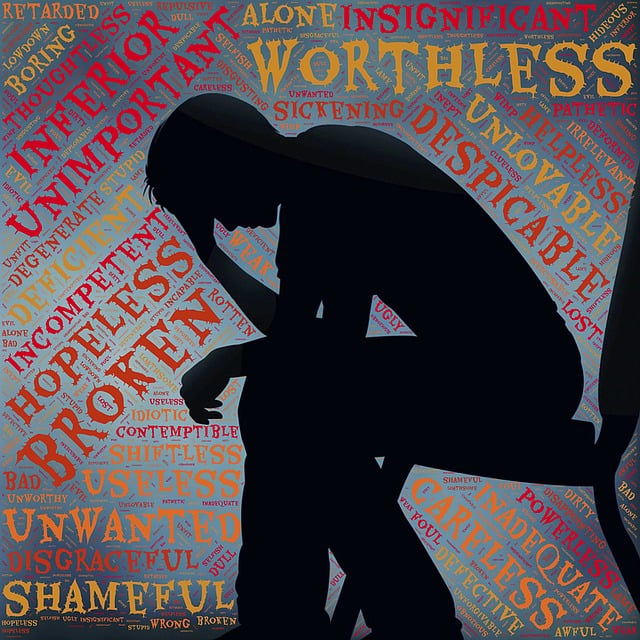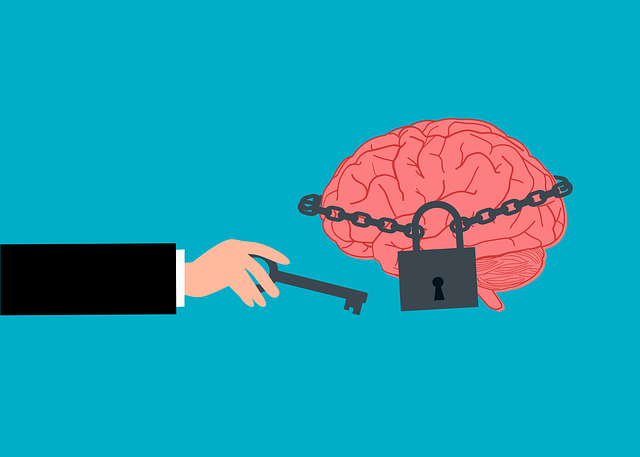Evaluating mental wellness programs for young children with bipolar disorder requires specialized tools, including structured interviews and psychometric assessments, to understand their unique needs. These methods track symptoms, mood fluctuations, and coping strategies, guiding personalized interventions like Conflict Resolution Techniques and Crisis Intervention Guidance. Programs like Inner Strength Development and Community Outreach rely on these evaluations to tailor services, while Burnout Prevention Strategies support healthcare providers. Standardized measures such as the Children's Mood and Anxiety Scale (CMAS) ensure evidence-based practices and enhance therapy for anxiety relief. Qualitative assessments through open-ended interviews offer deeper insights into children's experiences, aiding in refining programs to meet their evolving needs.
Mental wellness program evaluations are crucial for improving outcomes, especially for young children with bipolar disorder. This comprehensive guide explores various assessment tools and techniques tailored to this unique population. From standardized measures like the Child Behavior Checklist-2 (CBCL-2) to qualitative assessments, we delve into quantifying treatment progress through surveys and observational scaling. Additionally, we discuss program effectiveness metrics, including longitudinal outcome measurements and cost-benefit analyses, emphasizing the importance of family involvement and peer review for continuous improvement in therapy protocols.
- Assessment Tools for Young Children with Bipolar Disorder
- – Overview of common assessment methods
- – Standardized tools specific to pediatric bipolar disorder
- – Incorporating qualitative assessments
Assessment Tools for Young Children with Bipolar Disorder

Evaluating mental wellness programs for young children with bipolar disorder requires specialized tools that cater to their unique needs and developmental stages. One such assessment method involves structured interviews designed to gauge the child’s emotional state, mood fluctuations, and any accompanying symptoms. These interviews often include questions about manic or depressive episodes, changes in sleep patterns, and impulsive behaviors, providing a comprehensive overview of the child’s experience.
Additionally, psychometric assessments play a crucial role in Therapy for Young Children Bipolar Disorder. Scales specifically tailored to assess bipolar symptoms in children can help identify areas of concern and track progress over time. These tools not only measure the severity of symptoms but also evaluate coping strategies and social functioning, enabling mental health professionals to offer targeted interventions, such as teaching Conflict Resolution Techniques and providing Crisis Intervention Guidance to enhance Anxiety Relief.
– Overview of common assessment methods

Mental wellness programs often employ various assessment methods to evaluate their effectiveness, particularly in addressing complex issues like bipolar disorder in young children. Common practices include structured interviews and questionnaires designed to capture detailed information about symptoms, behaviors, and life functioning. These tools help professionals assess the severity of mental health conditions and track progress over time.
For instance, specialized assessments tailored for young individuals with Bipolar Disorder can uncover unique challenges and strengths. Programs focused on Inner Strength Development might utilize these evaluations to design personalized interventions. Additionally, Community Outreach Program Implementation strategies often begin with comprehensive assessments to identify community needs and tailor services accordingly. Even Burnout Prevention Strategies for Healthcare Providers benefit from regular evaluation, ensuring they remain equipped to support both patients and themselves.
– Standardized tools specific to pediatric bipolar disorder

Evaluating mental wellness programs for pediatric bipolar disorder requires specialized tools designed to capture the nuances and complexities of this condition in young children. Standardized assessment measures play a crucial role in tracking progress, tailoring interventions, and ensuring evidence-based practices. These tools often include rating scales and questionnaires specifically created to assess symptoms associated with childhood bipolar disorder, such as mood swings, energy levels, and behavioral changes.
One notable example is the Children’s Mood and Anxiety Scale (CMAS), which measures anxiety and depression in children and adolescents. Additionally, the Bipolar-Specific Rating Scales help clinicians accurately diagnose and monitor the severity of manic or depressive episodes in young patients. By utilizing these standardized tools, therapists can gain valuable insights into a child’s mental wellness, fostering confidence in treatment decisions and enhancing overall therapy for young children with bipolar disorder while aiming to provide anxiety relief and boost their mental wellness.
– Incorporating qualitative assessments

Incorporating qualitative assessments is a powerful approach to evaluating mental wellness programs, especially when tailored for young children with bipolar disorder. Qualitative methods allow for a deeper understanding of participants’ experiences and perspectives, providing valuable insights that quantitative measures might miss. Through open-ended interviews or focus groups, therapists can explore children’s personal narratives, emotional states, and perceptions of their therapy journey. This qualitative data offers a rich tapestry of information, highlighting areas of improvement and the impact of specific interventions, such as those aimed at self-esteem improvement and depression prevention.
For instance, qualitative assessments can reveal how empathy building strategies influence a child’s therapy experience. By encouraging children to express their feelings and thoughts, therapists can identify unique coping mechanisms and emotional regulatory skills developed during treatment. This qualitative feedback is instrumental in refining mental wellness programs, ensuring they remain effective and responsive to the evolving needs of young clients with bipolar disorder, fostering overall therapy success.
Evaluating mental wellness programs for young children with bipolar disorder requires a multi-faceted approach. By combining standardized tools specific to pediatric bipolar disorder, such as rating scales and observation checklists, with qualitative assessments like interviews and parental reports, professionals can gain a comprehensive understanding of each child’s unique needs. This dual method ensures that therapy for young children with bipolar disorder is tailored, effective, and holistic, ultimately enhancing their mental wellness outcomes.

